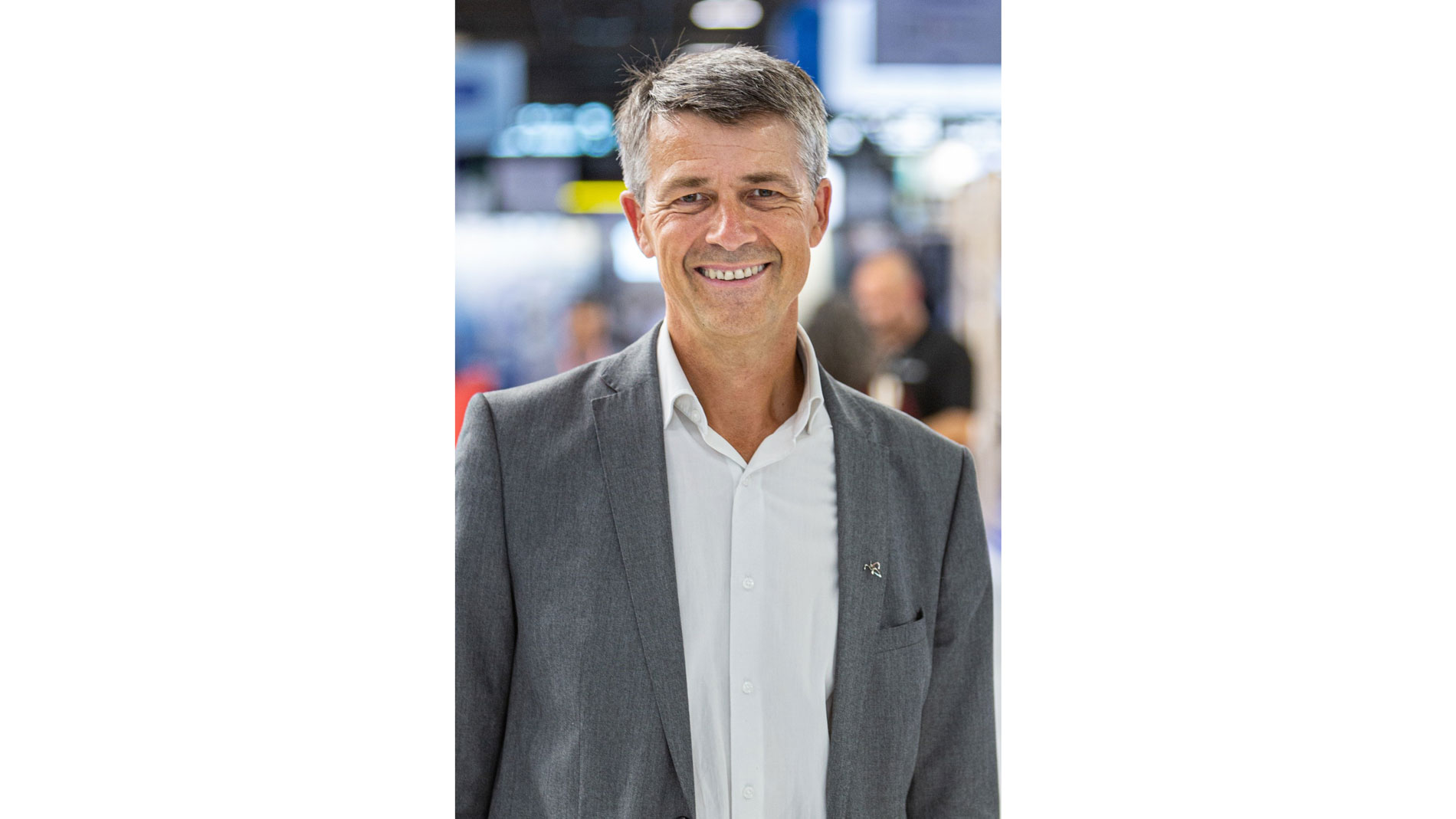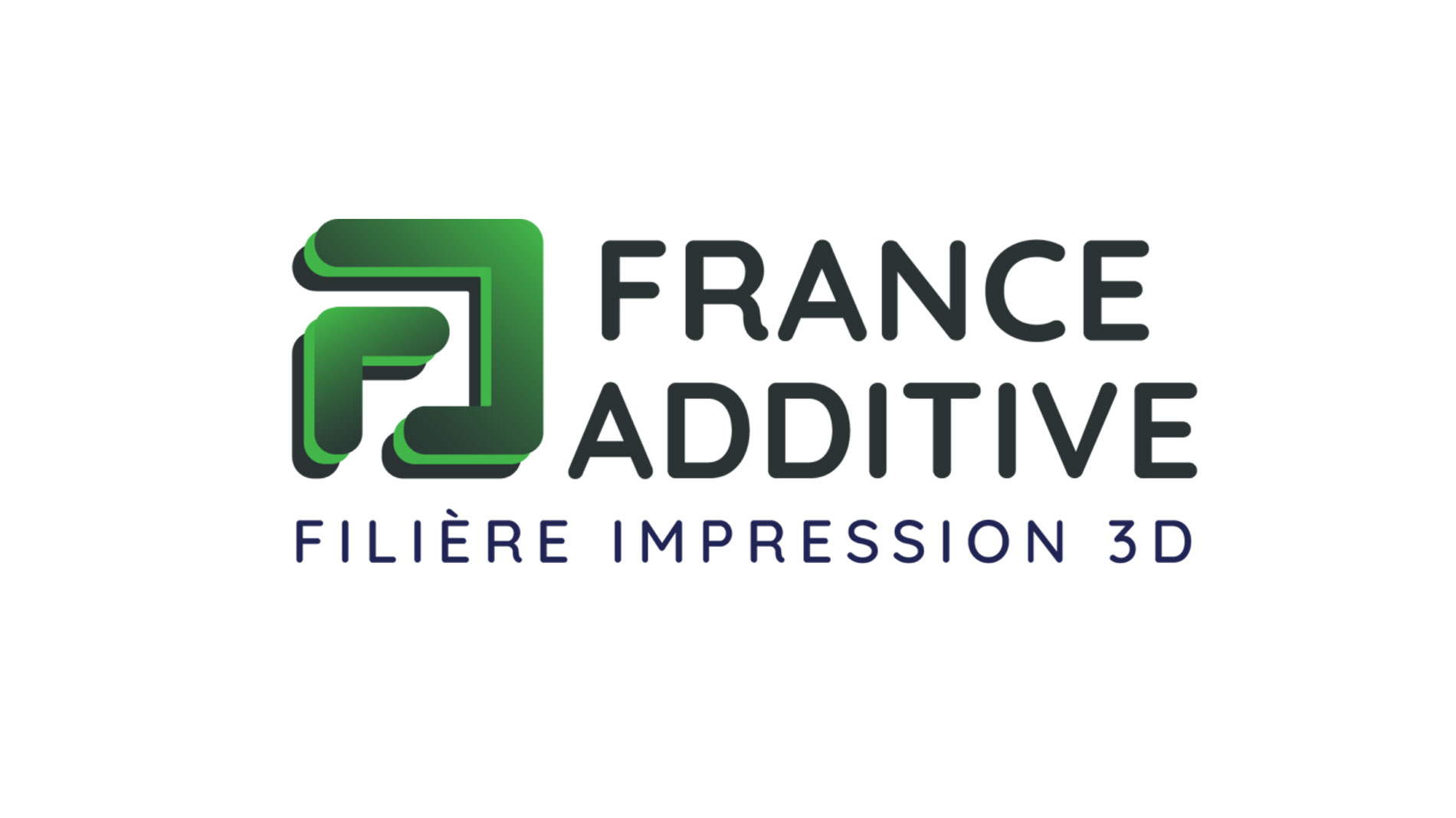9 September 2022, by Christophe Eschenbrenner, President France Additive
For France, it all started in 1984 when three French pioneers – Jean-Claude André, Olivier de Witte, and Alain le Méhauté – invented stereolithography. From that moment on, research centers, training laboratories, industrial companies, and end users believed in 3D printing, and a revolution was underway. Some 38 years later, this idea has spread worldwide, and additive manufacturing has also developed very successfully in France, including on both the manufacturer and the user side. In terms of figures, the French AM market has a volume of around €500 million and is showing double-digit growth rates. This puts it among the top six markets worldwide.
To get a more detailed overview of the players in French AM, they can be divided into the following six categories:
- National research centers working on fundamentals, such as CEA and CNRS
- Laboratories and educational institutions, which are mainly associated with universities and engineering schools
- Technical centers and regional platforms such as France Eclat, Cetim, INORI, Cimes, and NAE
- Solution providers for the entire process chain, including software, materials, hardware, energy, and services
- Industrial and service companies that are able to manufacture with quality and efficiency
- End users in many sectors, from start-ups and SMEs to large corporations

Most of these stakeholders work together in the France Additive – 3D Printing Cluster, a non-profit organization open to players based in France or abroad that share a common aim: driving the French market forward and creating added value with additive manufacturing in social, environmental, and economic terms. We’ve even seen AM solutions being used to support France’s ambitions for the 2024 Olympic Games in Paris.
Dynamics within the regions
There are 18 regions in France that are very active in the fields of research, education, and economic growth. Two of them will participate in Formnext 2022: Auvergne-Rhône-Alpes and Nouvelle-Aquitaine. In these regions, a network of technical centers is working closely with end users to identify business needs, find potential solutions, solve difficulties, and test benefits before proceeding to industrialization. Most of them will be present at Formnext under the collective name "Institut Carnot".
19 Industrial sectors
The French government has defined 19 strategic industrial sectors. Each of them has finalized a framework agreement with a roadmap that specifies where they are going, what they need, how they will meet these needs, and what they will deliver in terms of value creation in the future.
Five of these sectors have officially identified 3D printing as key to achieving their goals: Aerospace, Fashion and Luxury, Nuclear, Rail, and Marine. For AM companies, this is a promising opportunity to lay the corresponding groundwork and, in the long term, develop new applications in batteries, hydrogen, packaging, and more.
Under the new France 2030 program that was launched by President Emmanuel Macron, a substantial €54 billion national fund will be made available (in part for AM) and managed by the French public investment bank BPI. France Additive was one of the players selected to define and implement these AM ambitions.


Additive manufacturing is seen by the French authorities as a "game changer" for the industry and as an efficient tool for meeting sustainability commitments. In addition, AM is viewed as means of supporting the reindustrialization of France’s regions thanks to its decentralized manufacturing capabilities.
A broad base of AM companies
French AM companies are world leaders in various segments, such as aligners (Prodways), ceramics (3DCeram), concrete (XTree), biomaterials (Arkema), design-to-manufacturing software (Dassault Systèmes), and gas (Air Liquide).
Pioneering companies such as AddUp (PBF and DED), Volumic (FDM), Aubert & Duval (metal), Kimya (polymers), and others are growing rapidly. In addition, more and more start-ups are emerging, such as Lynxter (silicone), Pollen AM (pellets), Poietis (human tissue), Cosmyx3D (FDM), Nanovia (material), Vistory (security), Batiprint (construction), Handddle (equipment), VLM Robotics (automation), Cirtes (Strato), and Cognitive Design (software). New entrants are also joining forces, such as Viaccess Orca (security) and Vallourec (WAAM).
Meanwhile, various service providers are developing at a fast pace and producing high-volume products, including Erpro, Volum-E, 3DProd, Demgy, Bombyx, Lisi, NES, Sculpteo, and THI. Engineering companies have also discovered additive manufacturing (such as Capgemini, Sopra-Steria, and Segula). Furthermore, it’s equally important that educational players train young talent, and engineering schools (Polytechnique, Centrale, CESI), universities (Belfort, Lille, Lyon, Nancy, Nantes, Picardie, Saclay, Toulouse) and others (Lycée Loritz, AFPA, AFPMA) are doing precisely that.
Users range from start-ups to corporations
The French economy is known for its large, world-leading corporations, many of which use AM and have developed exciting applications. These include Chanel and L'Oreal (luxury goods); Lafarage and Holcim (construction); Alstom and SNCF (railroads); Naval Group (shipping); Thales (defense); Renault, Stellantis, Michelin, and Valeo (automotive); Airbus, Ariane, Dassault Aviation, and Safran (aerospace); EDF and Total (energy); and many more. Highly proactive retail companies such as Decathlon, Salomon, and SEB are also successfully using AM.
At the same time, France is a nation of start-ups, as well. Many new AM companies are emerging, including in the medical sector with XFeet (orthopedics) and Lattice Medical (implants), and in the consumer sector with Syos (music), Yuyo (surfing), and La Patisserie Numerique (food).
The French start-up scene – also known as “La French Tech” – brings together start-ups, investors, policymakers, and community builders with the goal of making France an excellent place to start and grow international companies.
"La French Fab", meanwhile, is the collective term for the industrial ecosystem across France. It is joining forces with “La French Tech” to rapidly move to Industry 4.0, and international AM players can get involved through the "Choose France" program. More information will be available at Formnext 2022, where France Additive will also be actively involved through animations, the conference, and delegation tours.
FURTHER INFORMATION:
Tags
- Additive Manufacturing
